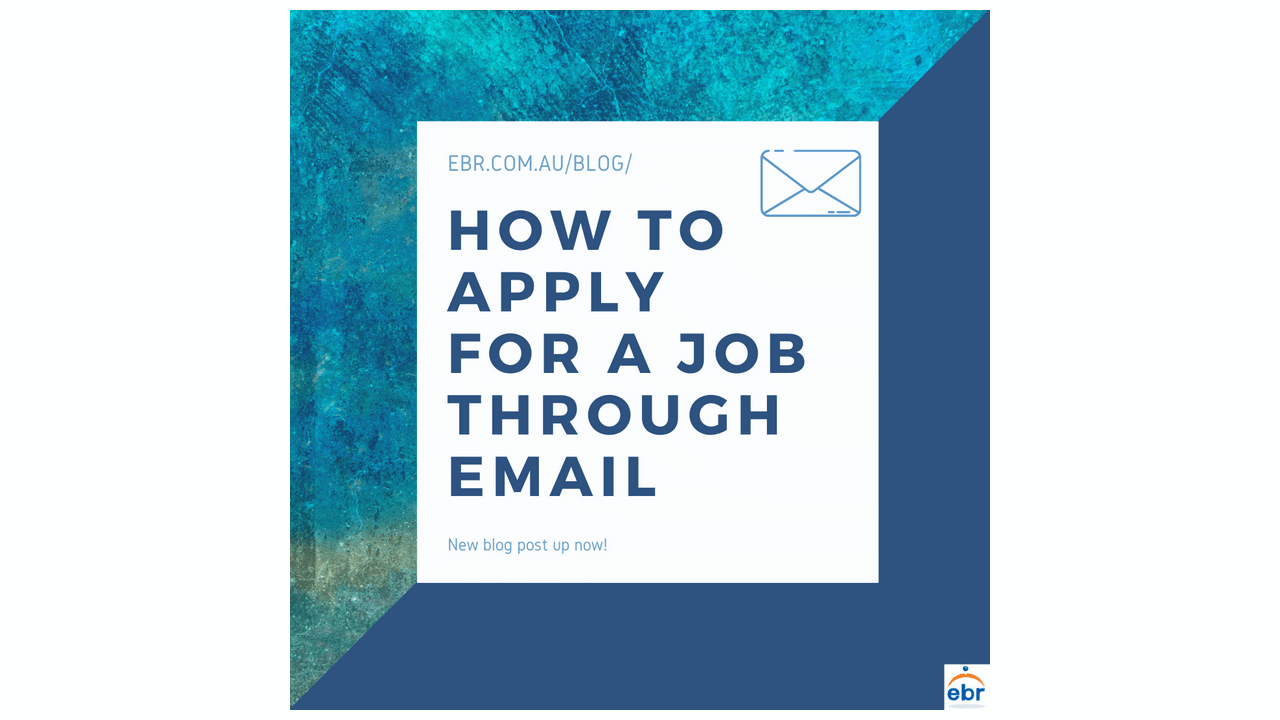How to Write a Job Application Using Email
Using email to apply for jobs is one of the most common methods taken by job seekers. Thus, what you choose to write in your email application is highly important, as it often acts as a first impression that recruiters will get when they open up your email. Below are five things to cover when you are writing your email application to ensure a higher chance of success.
Only apply when asked to
Probably the most important question to ask is whether or not it is appropriate to apply for a job through email. Email application is the method most job listings will ask for, however, always check that the job advertisement specifically states to send the application through email, and not through any other mediums, before you apply.
Pick an appropriate subject line and email
Choose an appropriate email to use when applying, and create a succinct and straightforward subject line. Recruiters have to sort through hundreds of emails every day, so having a good subject line is important to catch their attention and make them open your email. This can be simply done by having your full name and the position you are applying for, such as “John Smith – Job application for IT manager.”
Use your opening line and paragraph to explain why you are applying
Your very first line should greet the recruiter. Try to find the specific recruiter’s name instead of just using “to whom it may concern” or “dear manager” if you can. The recruiter’s name may be displayed on the job listing or the company website.
Once you have completed your opening line, start off your first paragraph by introducing yourself and why you have applied. You can give a brief description about yourself, state where and how you saw the job application and what interest you about the role offered. This is also the perfect time to mention any names that may perk the recruiter’s interests, mainly any mutual connections or names of people who already work in the company.
Talk about why you are suitable for the role
The bulk of your email should explain why you are suitable for the role. This is where you would mention any qualifications, education or previous work experience that you believe makes you an ideal candidate. However, remember that an email is not a resume, so avoid writing too much. This means only briefly mentioning the most recent and relevant work experiences, skills and qualifications.
Give administrative details then close off
Use your final paragraph to give the recruiters your contact details and when the best times to contact you are. Also, mention any attachments you have put into your email, such as resume, cover letters and any other attachment you have been asked to give. Finally, close off the email with a polite “best” or “sincerely”, then sign off with your full name.



